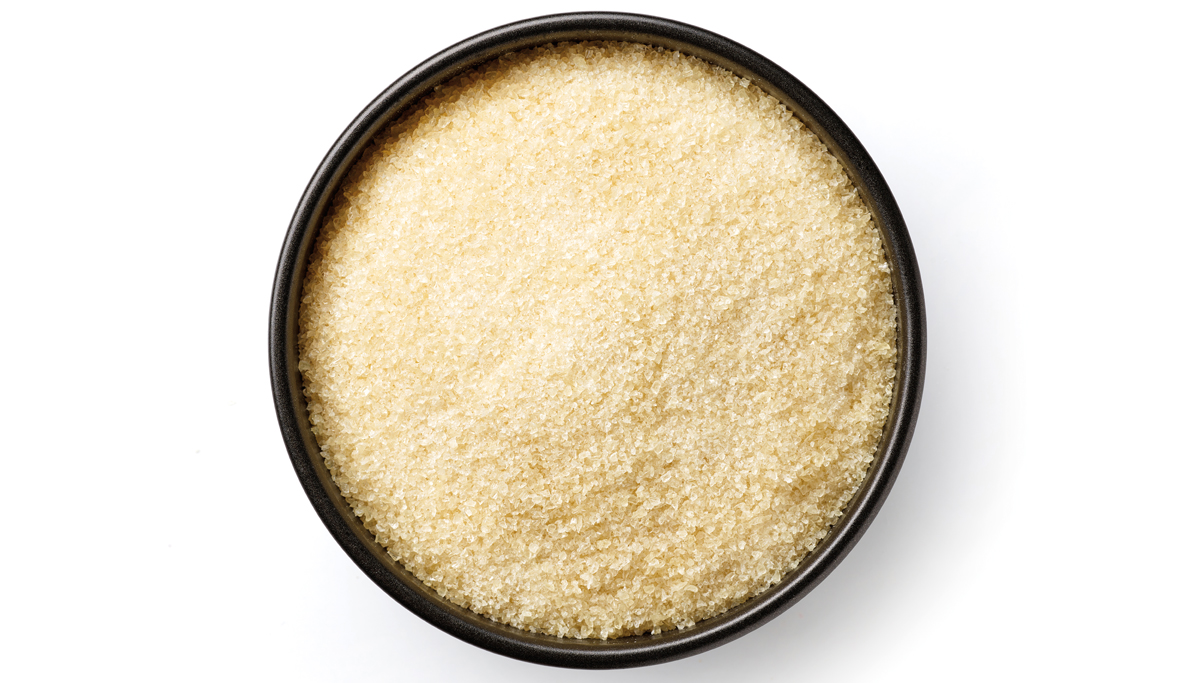Stress, the pandemic and you
Teeth grinding?
Why a nightguard might be right for you
You probably know that stress can take a toll on your sense of well-being, but did you know it can affect your oral health, too?
Stress can lead to nighttime teeth grinding, which can cause serious damage to your teeth and gums. A nightguard is often your best line of defense in preventing that damage.
Everyone experiences stress. But the emergence of the pandemic over the past couple years has created an uptick in the amount of stress Americans deal with every day.
A recent survey found that nearly 80% of adults say the coronavirus pandemic is a significant source of stress in their lives. And two-thirds of adults say they’ve experienced increased stress during the pandemic.
How stress can affect your teeth
Not surprisingly, many dentists have seen a rise in stress-related oral health conditions since the pandemic began. This includes a spike in teeth grinding and clenching (known as bruxism).
Occasional teeth grinding isn’t necessarily a problem, but over time, consistently grinding your teeth at night can lead to some serious conditions:
- Cracked teeth
- Tooth sensitivity
- Lost tooth enamel
- Gum or bone recession
- Jaw joint issues
- Exposed nerves
What is a nightguard?
That all may sound pretty dire, but there’s hope for maintaining your oral health in stressful times. Meet the nightguard.
Nightguards — also known as dental guards, mouthguards, occlusal guards, nocturnal bite plates or bite splints — are typically worn while sleeping. The nightguard relaxes the jaw and helps prevent grinding by acting as a cushioning barrier between the teeth.
Types of nightguard
Over-the-counter vs. custom
You can buy over-the-counter nightguards from your local drugstore. These are most often made of soft plastic. The least expensive are “one-size-fits-all.” These nightguards are usually the simplest and least expensive option, but they may not be the most long-lasting, form-fitting or the most effective.
Other over-the-counter nightguards are “boil and bite,” which allow you to boil the device in water and bite into it to leave an impression for a more comfortable fit. Another option is to order online: the company sends you a mold to bite into, and they then create a fitted mouthpiece from the impression.
You can also request a custom-made device from your dentist. A custom nightguard is made in a professional lab using an impression of your mouth. It therefore tends to be more comfortable and more form-fitting than the store-bought varieties, and it comes in a range of materials, from soft to hard. Check your plan coverage to see if nightguards (or occlusal guards) are covered. You can also ask your dentist for a pre-treatment estimate.
Materials
For custom guards, the material options include:
- Soft nightguards. Made of flexible rubber or plastic, these guards are usually recommended for light or moderate teeth grinding. They tend to be the least expensive option, and due to the soft material, they’re typically easier to get used to. Unfortunately, they don’t have as long a lifespan as hard nightguards, so they’re not always a long-term solution.
- Dual-laminate nightguards. Also called hybrid nightguards. Made of a soft inner core covered with harder outer layer, these nightguards are for moderate to heavy teeth grinding. They tend to be more durable than soft guards, and the harder material offers more protection, while the soft core helps with comfort.
- Hard nightguard. Made of firm plastic, these nightguards are recommended for heavy to severe teeth grinding. They offer great protection, but the harder material tends to be more uncomfortable and more difficult to get used to than the softer varieties.
Upper vs. lower teeth
Nightguards can fit either your upper or lower teeth. Both are designed to protect all your teeth, so picking one is largely a matter of personal choice. Nightguards for the upper teeth are more common, but if you have dental work on your upper teeth or a sensitive gag reflex, a guard for the lower teeth might be the better option.
How to tell if you need a nightguard
Although you’re usually aware when you’re experiencing stress, you may not always know if you’re grinding your teeth at night.
Some of the telltale signs of teeth grinding to watch out for include:
- Tooth sensitivity
- Gum recession
- Jaw clicking or popping
- Tight, achy jaw
- Facial pain
- Cracked teeth
- Fatigue
- Dull headache in the morning
- Teeth grinding or clinching during the day
If you think you might be grinding your teeth at night, tell your dentist. He or she can help recommend the appropriate course of action. If you need a nightguard, your dentist can also help you choose the type that’s best for you.
The value of dental coverage
Take a look at how dental coverage can keep you happy and healthy
Collagen supplements: hype or here to stay?
They claim to grow healthier hair and reduce wrinkles, but do collagen supplements really work?
Make your own winter wonderland
Cozy up to these recipes and ideas that will keep you warm all winter.






